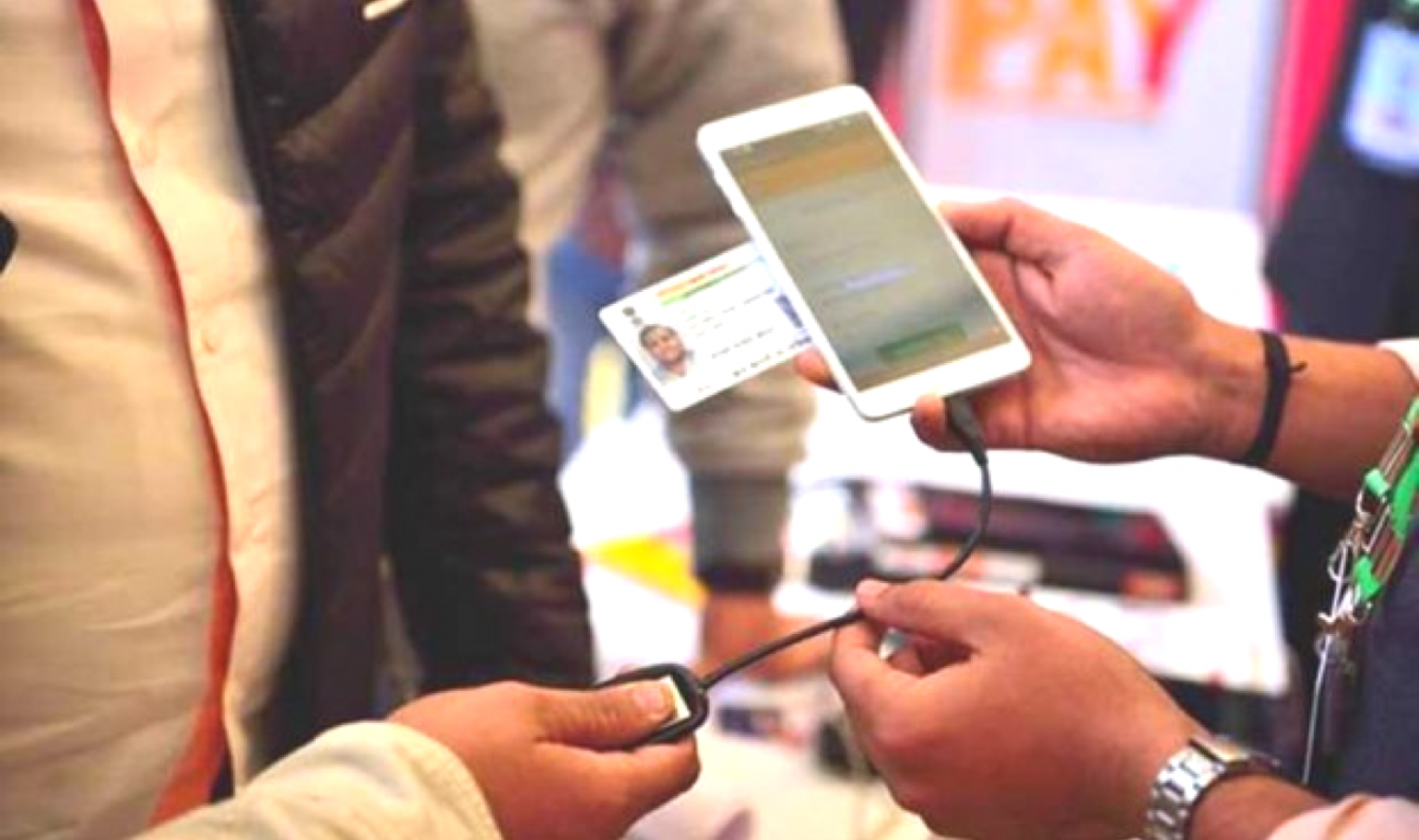-

- 09 Aug, 2019

Author: Anja Kovacs
This article first appeared in India Today on January 12, 2018. The views are of the individual authors.
When in August last year the Supreme Court ruled that - contrary to what the government had held in court - Indians do indeed have a fundamental right to privacy, protected by the Constitution, a new dawn seemed to have arrived. For years now, activists had been sparring with UIDAI (Unique Identification Authority of India) officials and others in the government about whether or not India's Aadhaar database posed a threat to the privacy and security of the state as well as its citizens. Much of the government's approach to those debates seemed to hinge on treating privacy as a secondary concern: one subservient to other needs, such as those of development. The Supreme Court effectively demolished this view in the Puttaswamy case, as it reconfirmed the inherent importance of privacy for the constitutional values of liberty and dignity, as well as for development.
Six months later, the concrete impact of the judgment is still awaited, as reports of Aadhaar data breaches and unauthorised use of Aadhaar numbers, such as for fraudulent withdrawals from bank accounts, continue. Only later this month will the Supreme Court again take up the numerous challenges to the Aadhaar programme that have been pending before it, in what will presumably be the final hearings. But how much relief these will bring remains unclear, and a positive outcome is by no means a given.
Read the full article here.